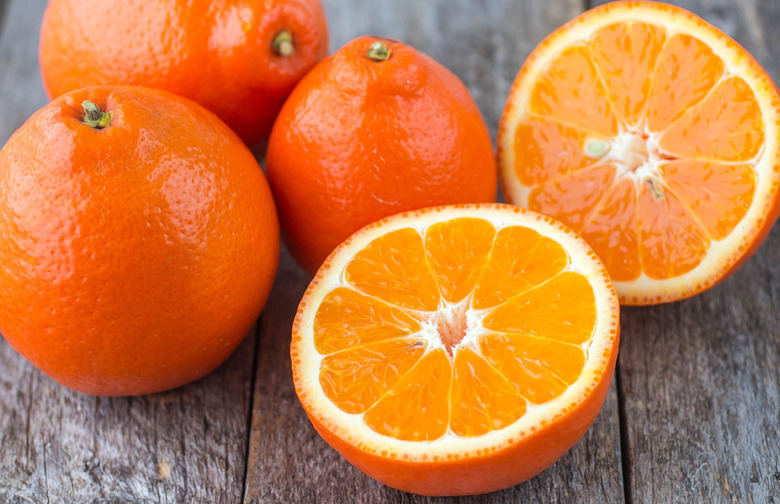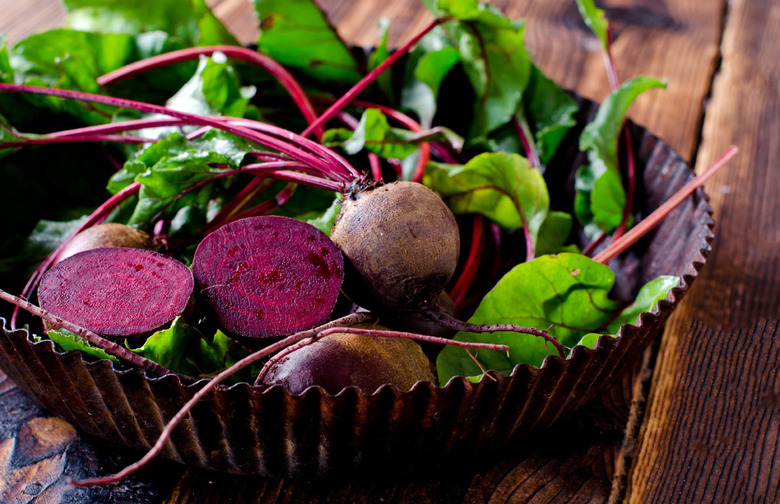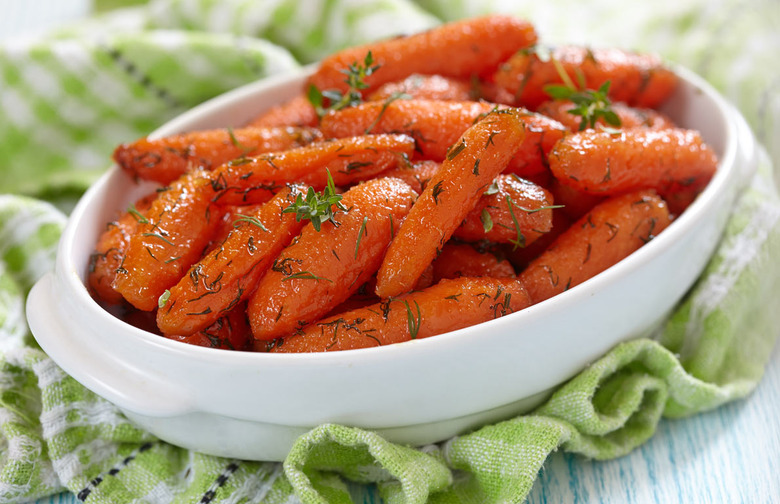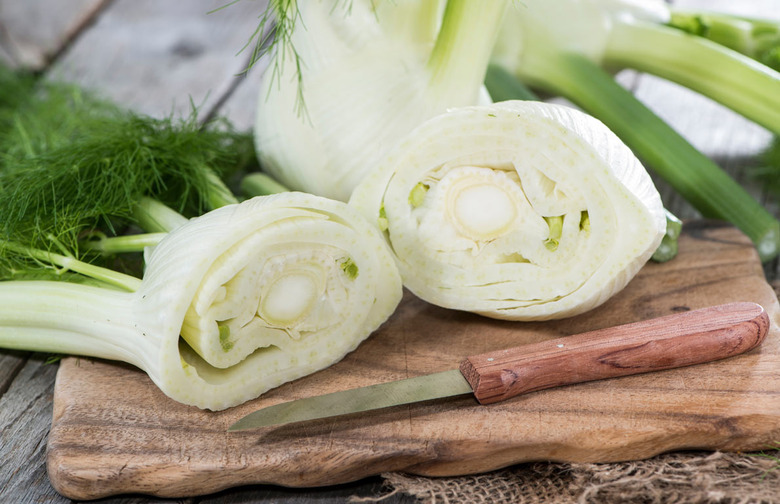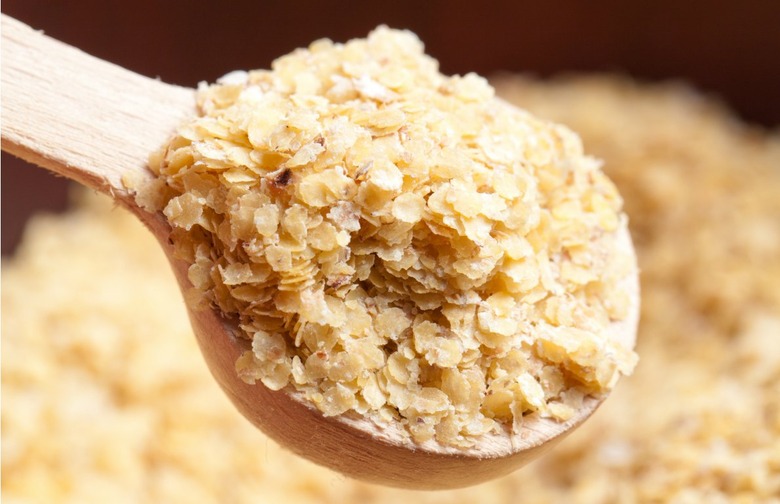Seasonal Superfoods To Keep You Healthy All Winter Long
There are a number of nutrient-dense foods available during the colder months, and cooking with these ingredients can help keep you healthy.
Avocado
There's a reason avocados have become so popular; they're delicious and loaded with health benefits. A source of "good" fat, avocado can help you absorb more nutrients from other foods and may even help lower "bad" cholesterol. Looking for a few ways to incorporate more avocado into your diet? Click here for our best avocado recipes.
Beets
From the root itself to the leafy green tops, beets are full of nutrients. The root portion of the beet is rich in fiber and minerals and the tops are a good source of vitamin C. Click here for our best beet recipes.
Carrots
Your body converts the beta-carotene in carrots to vitamin A, which plays an important role in immune health. Because beta-carotene is a fat-soluble vitamin, you'll get the most benefit if you eat carrots with a little bit of fat. Try drizzling carrots with olive oil and roasting them in the oven, or click here for more of our best carrot recipes.
Chia Seeds
If you're not a fan of these omega-3- and omega-6-rich seeds once they start absorbing liquid (like they do in chai drinks or puddings), try using them instead of poppy seeds in baking, sprinkling them in salads, or using them along with bread crumbs to crust chicken or fish. Click here for our best chia recipes.
Dark Chocolate
Easily our favorite superfood, dark chocolate (with a cacao content of 70 percent or higher) is the most delicious way to get your antioxidants and immune-boosting zinc. Although a 100-calorie square of dark chocolate is a great standalone snack, you can cook and bake with dark chocolate, too. Click here for our best dark chocolate recipes.
Fennel
Like other superfoods, fennel offers big nutritional benefits for very few calories. This licorice-tasting vegetable can help boost your immune response and is a good source of vitamin C. Click here for our best fennel recipes.
Garlic
Garlic has a long history of medicinal use, owing to its antibacterial and antiviral properties. Mince it and add it (raw) to spice up salad dressings or sauté it in a pan just about any time you're cooking onions. Click here for our best garlic recipes.
Jicama
The fiber in this crunchy root vegetable has inulin, a sugar that has a probiotic effect and also helps promote bone health. Considering that jicama is also a great source of vitamin C and potassium, we'd say it's time to start eating more of it. Click here for our best jicama recipes.
Salmon
Aside from being one of the best dietary sources of vitamin D, salmon is also rich in heart-healthy omega-3 fatty acids and vitamin E, a powerful antioxidant. Click here for our best salmon recipes.
Tangelo
Eating just one of these sweet citrus fruits a day will fulfill of your daily recommended dietary intake of vitamin C. Use tangelos (a tangerine–grapefruit cross) anywhere that you would normally use oranges or tangerines. Click here for our best tangelo recipes.
Wheat Germ
The germ is the most vitamin- and mineral-dense part of a wheat kernel, and as little as two tablespoons a day can provide you with everything from B vitamins (which are good for your heart) to immune-boosting zinc. Try sprinkling raw wheat germ into protein shakes and oatmeal, or click here for our best wheat germ recipes.
